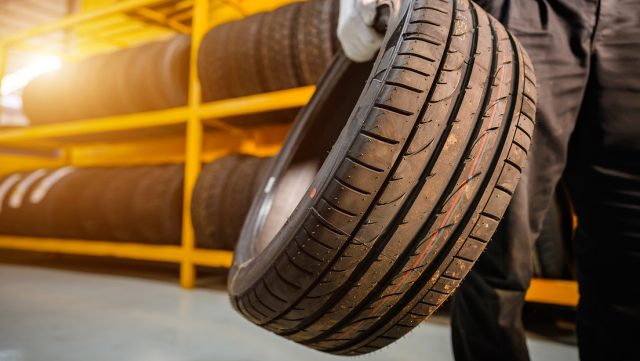For months, the Single Trade Union of Tire Workers of Argentina (SUTNA) has been demanding an additional wage recomposition of 16% to add to the June 2021-2022 agreement, due to the impact that the country’s high inflation had on the wages of its workers. .
Faced with the refusal of the companies to reopen joint negotiations, the worker’s union has been carrying out a series of forceful measures that are already impacting the automotive production. Large-scale factories such as Ford have suspended work at the Pacheco plant in Buenos Aires, where the Ranger pick-up truck is produced, due to the fact that they do not have a stock of this key input.
It happens that, given the prolongation of the conflict, tire multinationals such as the Japanese Bridgestone and the Italian Pirelli have announced that they will temporarily stop operating in Argentina. The same path was adopted by Fate, the most important at the local level, reports RT.
The 2020-2021 joint agreement was closed with a 50% salary increase, but year-on-year inflation in August was 78.5%, according to official figures, and it is estimated that it will reach 100% by the end of the year. In addition to the loss in their regular income level, the SUTNA requires that overtime hours on Sundays be paid at 200% —the plants operate from Monday to Monday—, a request that the employers also reject.
Last week, the union announced an indefinite stoppage of all activities.Claims from the Argentine industry
The conflict has been going on for five months between wage claims, hearings, strikes and blockades. On Wednesday of last week, representatives of SUTNA and the Chamber of the Tire Industry met at the headquarters of the Ministry of Labor. The companies ratified a wage offer that the union considers «insignificant».
Although they agreed to give a 16% increase as a review of the 2021-2022 agreement, which leads to a 66% salary increase, they offered a 38% increase in three installments for the 2022-2023 period, in the following manner: July 15%, October 12% and in December 11%.
In addition, regarding overtime on Sundays, they proposed granting an annual bonus in four quarterly installments, which the union also rejected as temporary.
The Secretary General of SUTNA, Alejandro Crespo, told Radio Con Vos that companies in the sector «are going through a very good economic time» because they buy cheap rubber and sell at international prices, and assured that «in Argentina the workforce is 2 dollars an hour, [while] in Brazil it is 5 and in Mexico 11 dollars an hour″.
According to Crespo, in his country «a worker earns between 130,000 and 140,000 pesos (between 890 and 960 dollars) with all the additional extras, which includes Saturdays and Sundays with a prize for the quantity of production».
Thus, in Argentina tires are not being manufactured and automotive production could suffer the same fate.











